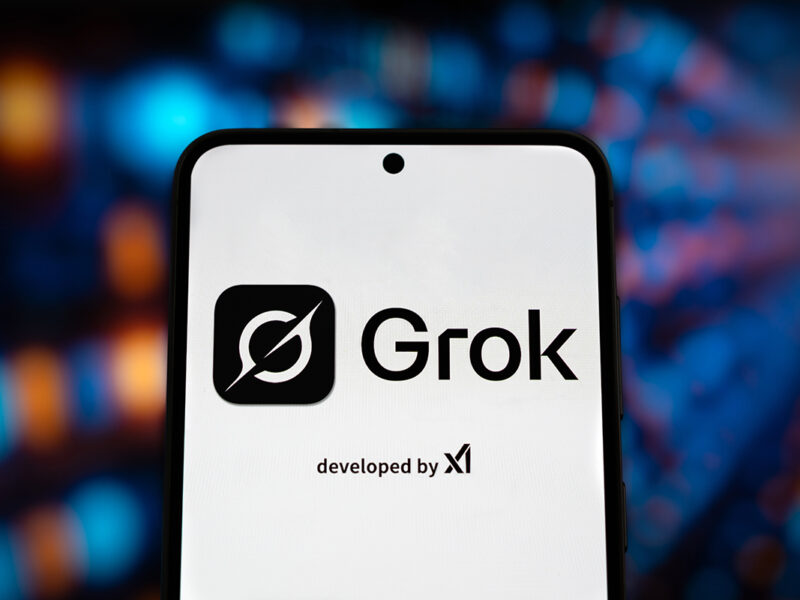Software giant Microsoft recently announced a partnership with seed capital fund Arab Business Angels Network to look for young entrepreneurs with an ambitious vision of the future.
Oklahoma Senator Owen Laughlin famously said: “Money never starts an idea – It is always the idea that starts the money.” It’s especially true in the Middle East, where, despite the rapid influx of wealth from record oil prices and a bullish real estate market, the market for ideas remains resolutely weak.
There are quite a few organisations in the region who would like to see this situation improve, and more individuals emerge from the region with true entrepreneurial zeal.
One of these groups is the Arab Business Angels Network (ABAN), which recently signed a Memorandum of Understanding (MoU) with Microsoft, in a partnership which will see both working towards identifying and funding innovative technology start-ups.
Walid Hanna, ABAN’s CEO, says the organisation was started three years ago with the aim of promoting growth of entrepreneurship in the Middle East region.
“The initiative came from the Young Arab Leaders – they went along with Dubai Holding to the Clinton Global Initiative in 2005 to create the concept. Then, as part of Dubai Holding, Dubai International Capital took the whole thing, funded it and created the company,” he explains.
ABAN‘s first attempts to promote entrepreneurship was a pan-Arab business plan competition which drew 1000 entries from across the region. Two companies from Egypt and Jordan won the contest and US$2.5 million in investments.
Hanna’s first job as CEO was to close the two initial deals and begin building the network of Angel investors. Currently, ABAN has closed a further four deals with start-up firms and now manages a $15 million fund, of which $5 million is earmarked solely for female-led ventures.
Rani Saad, regional manager for innovation development at Microsoft Middle East and Africa explains how the collaboration with ABAN began: “We were invited to attend one of their events and effectively followed up afterwards – we got together later and discussed potential for collaboration. That’s how we started the conversation.
“We’re both very interested in effectively going after innovative firms that are operating in the technology space – specifically the software space for us. Of course, ABAN’s charter expands beyond the software space but we are going to collaborate with them only on that,” he adds.
Saad explains that Microsoft has philanthropic aims with this partnership: “On a fundamental level, we want to help innovative startups succeed. What ABAN provides of course is the financial investment. What we provide is an infusion of intellectual capital.
What we can primarily provide is expertise and technology development and software business management, such as product and project management. We have market access, partner ecosystems and of course, a very strong brand. These are all things we could provide as needed.”
He continues: “The other means of assistance include things like taking them through acceleration programs which cover software business management that would include product and project management. This will also include sales and marketing help. Potentially, they could also be helping them connect to other partners or getting to customers they want.
“In the Middle East and North Africa, we have a number of innovation centres where we provide those acceleration programmes – which are effectively training and skills development programmes that can take individuals, entrepreneurs and businesses through training, up to a whole year of curriculum. This can help understand the technology, build a software company and go for a specific market,” says Saad.Hanna explains how the process works for budding entrepreneurs who seek start-up funds from ABAN and its investors: “First of all, we reject up front companies that do not fit our mandate. If they are outside of the geography or if they are looking for much more than a million dollars, this is our limit.
If their business is in real estate or trading, these are things we don’t like.
“The first thing is to get a business plan. If the plans are very technical, we use a couple of advisors from Intel capital and Microsoft, who help us with assessing the technology.
“Then we meet with the entrepreneurs and just do the due diligence assessment and evaluation. If we like it, we take it to the last stage which is the committee including people from DIC Emerging Markets. Once we have their approval, the fund is ready.
“We then invite the entrepreneurs to pitch to our Angels network and hopefully we will get the Angels and the funds to co-invest,” he states.
While the partnership between ABAN and Microsoft is still in its early stages and many details have yet to be worked out, Hanna says that the MoU is quite clear about how the co-operation will proceed, with universities being the first step on the road to finding new entrepreneurs. The partnership also whetted the software giant’s appetite for further joint ventures.
Saad emphatically states that Microsoft has similar alliances in its future: “We are definitely looking at those kinds of partnerships, be it investment funds for technology ventures or government sponsored funds or entities that accelerate or build technology.
The way we’re setting up our network is to actually take advantage of this. We have a programme coming out over the next few months where we provide for a period of time some free software for developers to help them try it.
“Of course, we’re not giving software away for free but we’re helping them get to know it. If it’s a student or somebody coming out their garage, they shouldn’t have to pay a licence before they try it.
That offer – encouraging entrepreneurs and students to try our software – is going to be primarily delivered to sponsors like the investors, the technology parks and universities. We are trying very much to connect with the rest of the ecosystem and do not want to play alone in building the ICT economy,” he concludes.
“We have a preference for IT because at the end of the day, we would like to build a knowledge based economy in this part of the world. Our mandate is really to create new companies and jobs, but mostly to create sustainable companies.
There is absolutely an opportunity here. We see it and there is a lack of qualified IT entrepreneurs. While we have an IT preference, we do not exclude the other sectors except for real estate and trading – the latter two do not need ABAN to help them out, they’re very much developed in this part of the world.
I see that IT opportunities are still there – it’s just that younger entrepreneurs don’t have the option to go into real estate because they don’t have the billions needed. Many are interested in IT companies – but we are still facing a shortage of qualified engineers. Universities have to play a better role in guiding those fresh graduates into starting their own companies.








